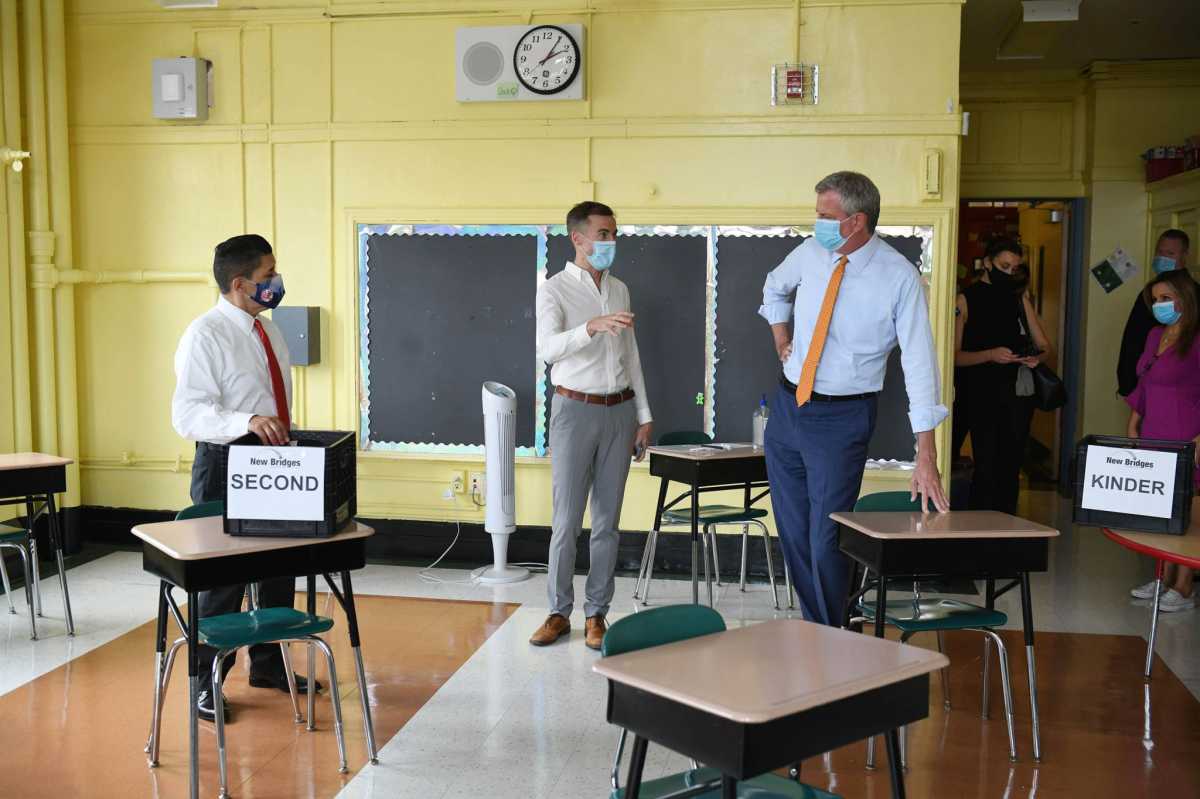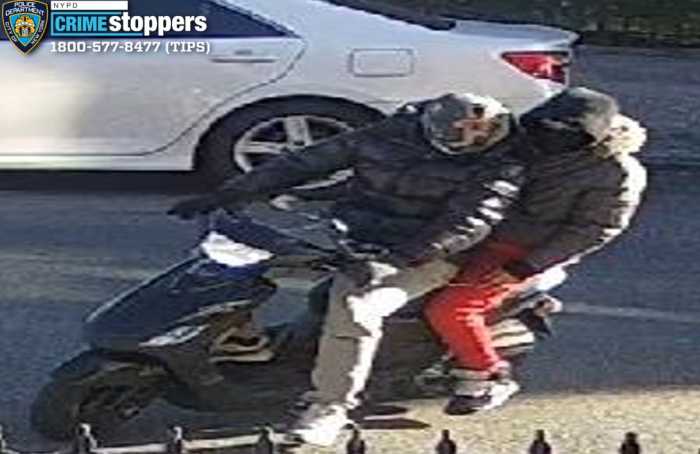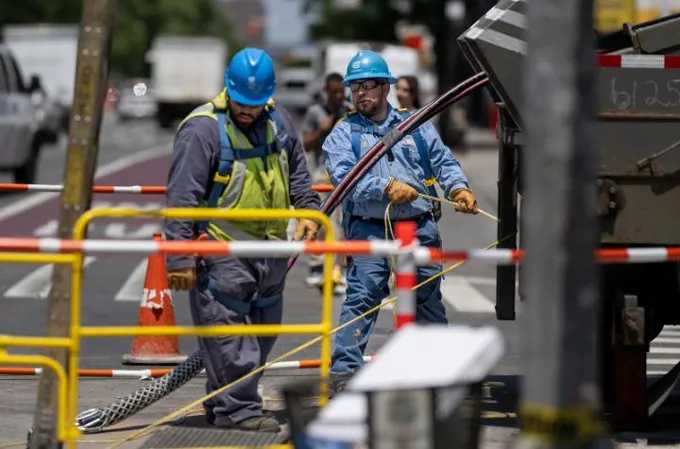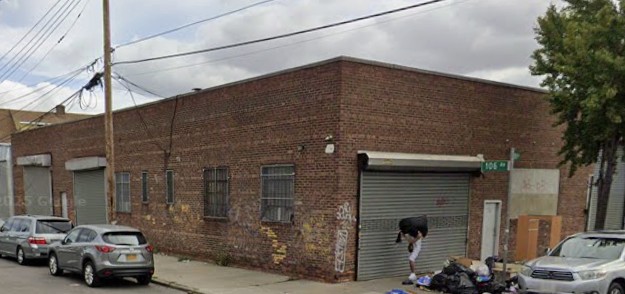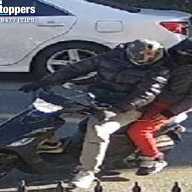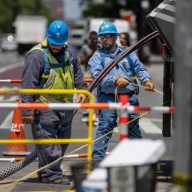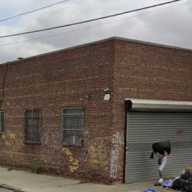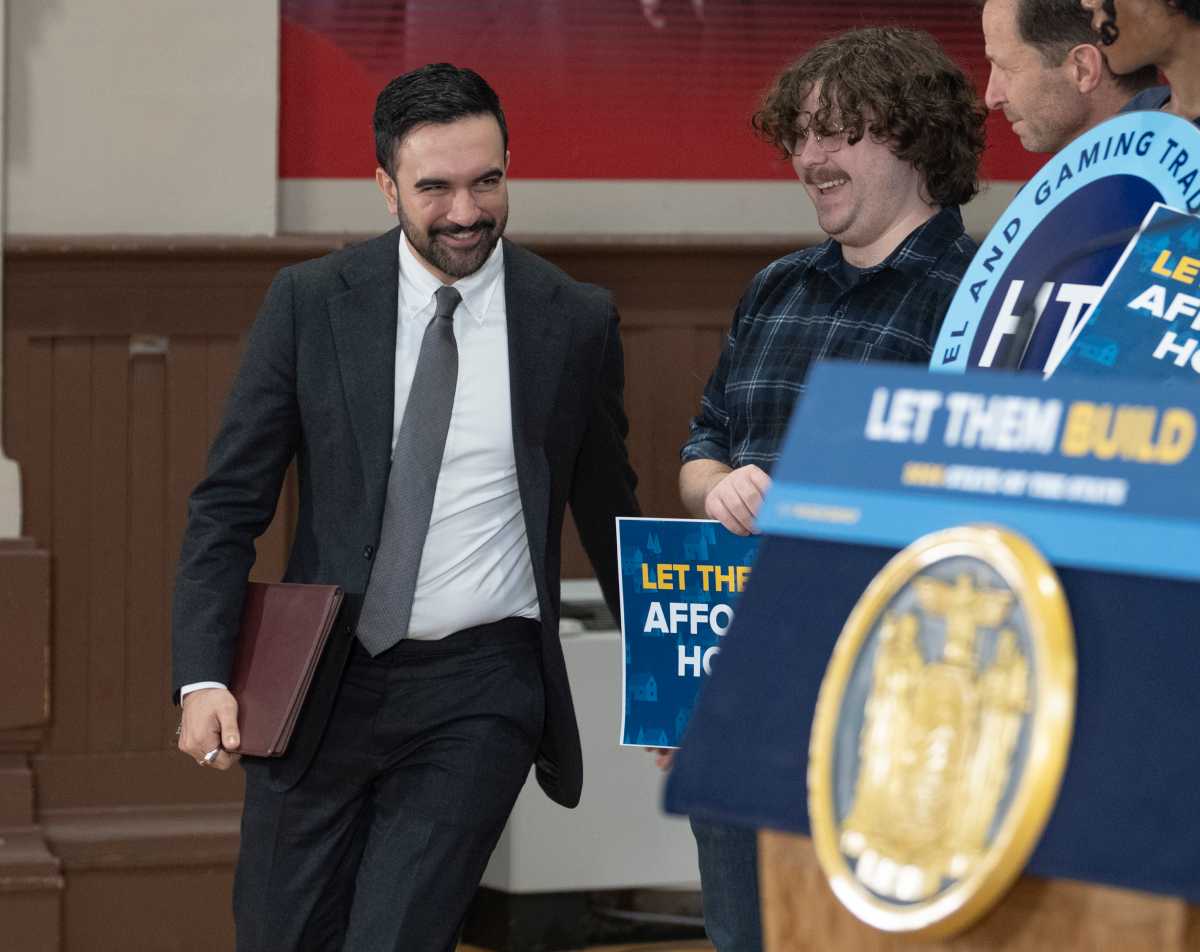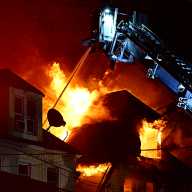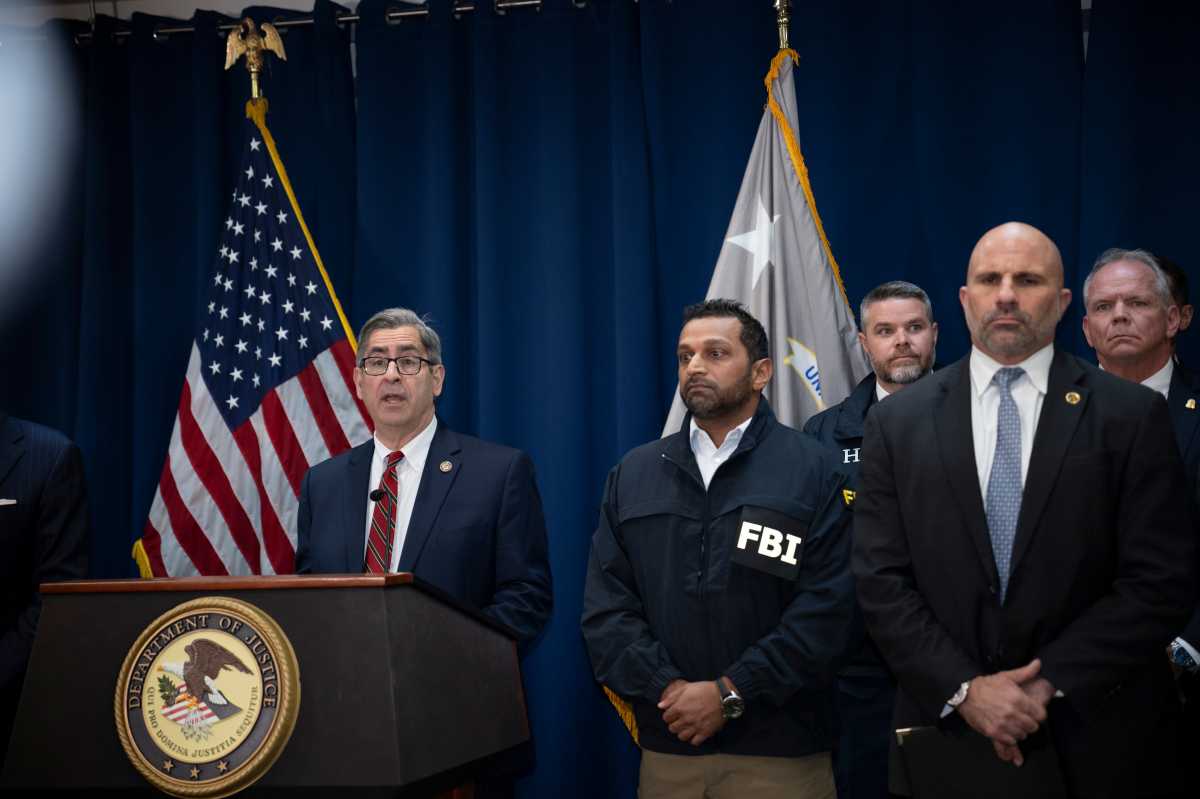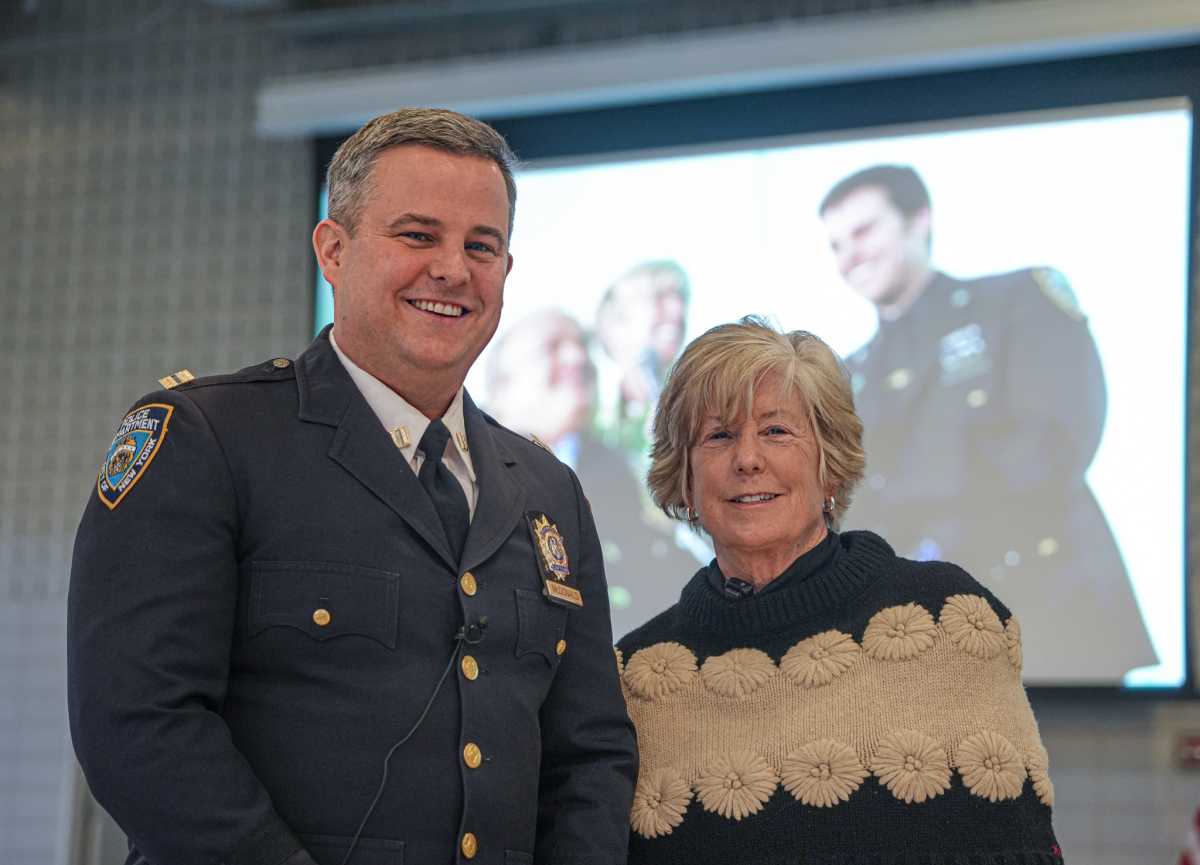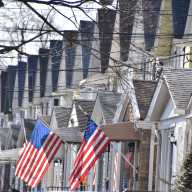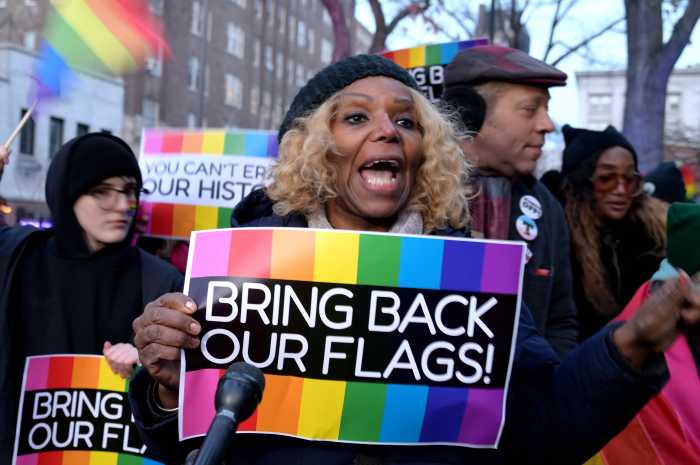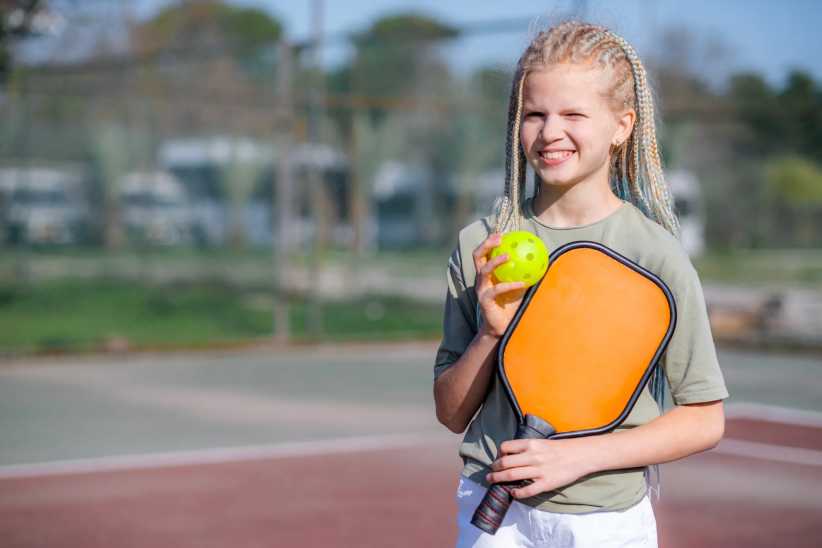Public school families should expect to receive details on the city’s second school reopening plan next week, Mayor Bill de Blasio said on Wednesday.
Mayor de Blasio issued a systemwide shutdown of public schools for the second time this year after the city’s COVID-19 positivity rate over a seven-day rolling average hit 3 percent last week. The shutdown signaled the end of in-person classes for 300,000 of the city’s roughly 1.1 million public school students enrolled in blended learning.
Since the second shutdown, officials have said they are working on a plan to bring students back into the classroom. Students will most likely return to the school in phases with the city’s most severely handicapped students, also referred to as District 75 students, come back first followed by the city’s youngest learnings and then elementary, middle and high school students.
“We will find a way back through this pandemic because we proved we can keep our schools safe but we are going to have to come back a different way given some of the challenges we’re facing with this second wave bearing down on us,” de Blasio said.
City Hall reported on Wednesday 1,445 new cases of the virus within the last day and a COVID-19 positivity rate of 2.74 percent and a city positivity rate based on a seven-day rolling average of 3.05 percent. In addition, the mayor said 141 New York City residents were admitted to hospitals with suspected COVID-19 with 45 percent testing positive for the virus.
Mayor de Blasio has repeatedly emphasized that COVID testing will play a more critical role in the city’s second en masse school reopening plan and that students interested in taking in-person classes will need to have a signed COVID-19 testing parental consent form on file before being allowed to return to school buildings.
In a letter shared with public school families on Tuesday, City Schools Chancellor Richard Carranza told parents that the deadline to submit a consent form will be the first day their student is scheduled to return to school for in-person classes.
“The increasing levels of COVID-19 infections overall in the city are very concerning, and we must strengthen precautions further for our school communities,” the letter reads. “Therefore, no student will be permitted to return to the building without a signed consent form for in-school testing. Your consent must be submitted by the first day your child resumes in-person learning.”
The city plans to increase how frequently students and staffers are tested for the virus at schools once they reopen but has yet to decide on exactly how often or what percentage of school communities will be tested. Before the shutdown, about 20 percent of all students and staff were tested for COVID-19 every month. The new testing policy will most likely be influenced by state COVID-19 zone designations, each of which has its own testing requirements for schools offering in-person learning.
Mayor de Blasio has warned on multiple occasions that city COVID-19 data projects the state will likely declare most of the city an “orange zone” by the first week of December. In an “orange zone,” services at houses of worship are restricted to 33 percent capacity; gatherings are capped at 10 people; and schools must be closed for four consecutive days. If a school wishes to reopen, all adults and children must show a negative COVID-19 test before being allowed to re-enter the building and 25 percent of all students and staff must then be tested weekly for the virus.
On Wednesday, de Blasio added that city officials will focus on figuring out testing protocols first for District 75 students and early childhood students followed by elementary school students.
When asked by reporters why he had not figured out a school reopening plan ahead of COVID infections reaching the city-set threshold of 3 percent, de Blasio admitted that in hindsight his administration could have done more to prepare.
“In retrospect, clearly it would have been better,” he said.” But the important point is getting to the 3 percent meant something. It meant there was a problem. It meant we were dealing with a second wave bearing down on us.”
This story originally appeared on amny.com.

